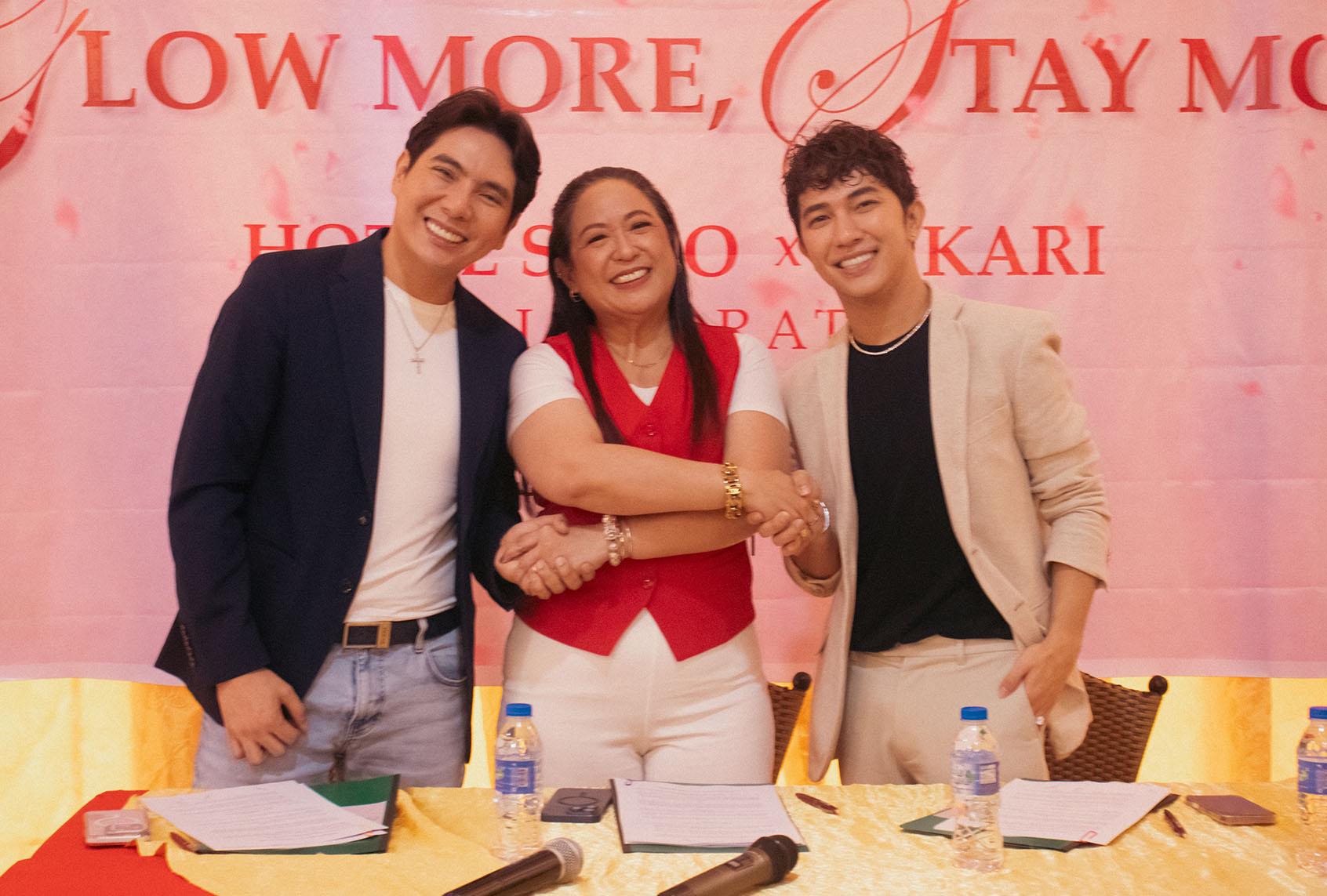”He said to them: You shall love the Lord your God, with all your heart, with all your soul, and with all your mind. This is the greatest and the first commandment. The second is like it: You shall love your neighbor as yourself.” — Matthew 22:37-40
THEY were beautiful and heartwarming wedding ceremonies: an intimate one at the church where the bride grew up and another one by the beach with their family members and friends to convey the couple’s love for nature. In both occasions, the bride and groom expressed their Christian faith and their gratitude to God for bringing them together. In both ceremonies, they communicated to their guests how Jesus is at the center of their relationship.
“It takes three to get married: man, woman, and God,” we priests would often say. We find this saying to be true. When we put God and His words in a relationship such as marriage, it gets transformed into a loving, honest, blissful and fruitful relationship. Ask any Christian couple who have been married for a long time, and they will tell you that the key to its success is their faith in God. Despite the challenges of marriage, they have remained faithful to each other because of their faith in Jesus.
We cannot profess our love for God if we do not have genuine love for people, especially those that God has brought closer to our lives. And we cannot love people heroically if we don’t have God in our lives. This is why the two greatest commandments—love of God and our neighbor—are intertwined. We cannot do one without the other.
For us Catholic Christians, the power of the Sacraments and the Word of God strengthen and enliven our love for family, friends, and other people. It is the love that is patient and kind; does not envy and boast, and is not proud. It is a love that is not rude or self-seeking; is not easily angered, keeps no record of wrongs; and does not delight in evil but rejoices with the truth. It protects, trusts, hopes, and perseveres (1 Corinthians 13: 4-7).
This kind of love extends to our neighbors and everyone on this planet. It is not selective or racist. It embraces all people and seeks everyone’s dignity and well-being. It is merciful, compassionate, and forgiving.
Indeed, it is a love that is human-centric. It seeks the good of all human race and every person. It’s free from political lenses.
All governments, institutions, and segments of society should make this kind of love as the ground of all economic policies, reforms, and education. Pope Benedict XVI even made it clear in his vision for Catholic higher education. “Where does the central theme of ‘love of God and others’ fit into academia?” he asks in his book, “A Reason Open To God: On Universities, Education, and Culture.”
Pope Francis also made the love of God and neighbor as the fundamental principle for speaking about human ecology. “I would like us all to make a serious commitment to respect and protect creation,” he said, “to be attentive to every person, to counter the culture of waste and disposable (mentality), to promote a culture of solidarity and of living alongside others, especially on the margins, as opposed to individualism.” (See National Catholic Register, January 30, 2014)
If we don’t call this love of God and neighbor, then what is it?
In a meeting of Catholic thinkers and doers on human and natural ecology at St. Paul Seminary School of Divinity, Professor Michael Naughton said, “When the love of creation is married to the love of God, the vocation of the businessperson becomes a powerful force for business to contribute to the common good.” (See National Catholic Register, June 15, 2015)
Wherever we find ourselves in—whether in marriage, family, work, business, government or society—God calls us to love God and neighbor as we love ourselves. Amen.
* * *
From a Filipino immigrant family, Reverend Rodel G. Balagtas was ordained to the priesthood from St. John’s Seminary in 1991. He served as Associate Pastor at St. Augustine, Culver City (1991-1993); St. Martha, Valinda (1993-1999); and St. Joseph the Worker, Canoga Park (1991-2001). In 2001, he served as Administrator Pro Tem of St. John Neumann in Santa Maria, CA, until his appointment as pastor of Immaculate Heart of Mary, Los Angeles, in 2002, which lasted 12 years. His term as Associate Director of Pastoral Field Education at St. John’s Seminary began in July 2014.





